Dark Web; A Criminal Paradise Or A Guardian Of Users’ Privacy?
The Dark Web Is A Very Small Part Of The Internet That Is Hidden From Most People; But Is This Dark And Unknown Space-A Paradise For Criminals Or A Guard To Protect Users’ Privacy? Stay Tuned For This Article.
If you are a fan of Harry Potter, you must remember the name of Nocturnal Alley, which was full of shops selling and selling dangerous and illegal items, and the people who wandered in this dark and dreadful alley were suspicious and sometimes dangerous. Such an alley does not exist only in the magical world of Harry Potter, and a real example of it can be found in our own world: a place called the Dark Web, which of course has no physical presence and can only be found on the Internet.
The Dark Web may not be about the Harry Potter world disappearing, but it can contain guns, drugs, counterfeit banknotes, hacked Netflix accounts, hacking software, bank account information, uranium ore, fake college credentials, Or even found a contract killer.
Of course, unlike the nocturnal alley, which is used only for evil purposes, the Dark Web is not just a place for illegal activities. For example, on the Dark Web, you can become a member of the Chess Club or join the BlackBook social network, which is a version of the Dark Facebook and does not collect any information from the user. In addition, many reputable organizations also host a copy of their website on the Dark Web so that users who care about their privacy can browse through it with an invisible cloak.
And of course, just as access to the Nocturnal Alley is not easily possible, access to the Dark Web has its own methods and protocols that you will learn about in this article.
?What is the Dark Web
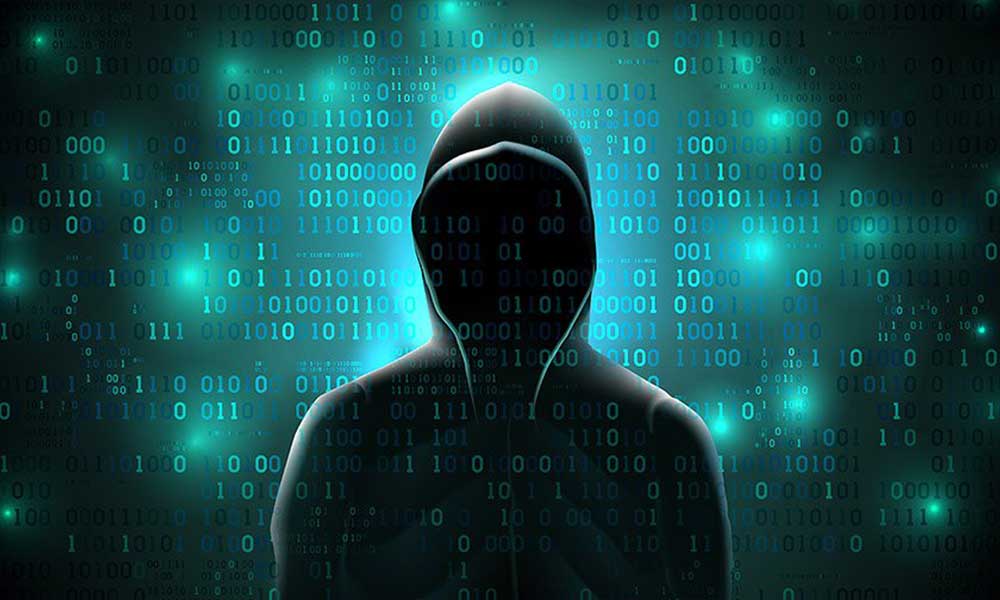
Undoubtedly, the world of the Internet is so large that it seems almost endless. There are currently more than 2 billion websites on the Internet, and about 500,000 new websites are added every day. However, this amount of information is only the “tip of the iceberg” and a large part of the Internet is out of reach of ordinary users. In general, the Internet is classified into three areas in terms of the level of user access to information:
- Surface Web: Contains web pages that are indexed by search engines such as Google and are available to the general public. In fact, anything that can be searched on Google is part of the Web Surface, and it covers less than 5% of the Internet.
- Deep Web: The part of the Internet that is hidden from the eyes of ordinary users. For example, your email address is part of the Deep Web because it is not indexed by search engines. Deep Web accounts for about 96% of the Internet.
- Dark Web: The Dark Web is a very small part of the Deep Web that is deliberately hidden from public view. On the Dark Web, anonymity comes first, which is why illegal activities and crimes abound in this area of the Internet.
The name Dark Web is derived from Darknet, which is an infrastructure to prevent public access to specific information. For example, any information that requires access to a particular service or application is called “dark”.
Dark Web is an encrypted and anonymous network that obscures a user’s Internet footprint by sending search and web browsing traffic through thousands of network nodes around the world. On the Dark Web, the user’s IP address is hidden to make it very difficult to track his or her Internet connections.
Dark Web protects the user’s IP by hiding it in several encrypted layers and passing his traffic through a network of random computers, each of which removes one layer of encryption before sending data to the next device; In this way, the information is transmitted in a completely random and anonymous way, so that its origin, destination or contents cannot be identified.
Contrary to many users’ beliefs, the Dark Web is a very small space. The number of websites on the Dark Web varies between 7,000 and 30,000, and this figure is only 0.03% of the total Internet space.
The number of Dark Web users per day is not known, but this number may not be significant. The Tour project, which is responsible for hiding the identities of users on the Dark Web, claims that the network has 2 million daily users and that only 1.5% of the total traffic on the network visits Dark websites.
There is a lot of exaggeration about the Dark Web. This space indeed has a high potential for criminal purposes due to the anonymity of users, but the impact of these crimes is not so great compared to all cyber crimes that happen every day on the Internet. The dark web, on the other hand, is not out of reach of the law as it is thought. In 2011, more than 300 Dark Web users were arrested for illegal activities. In 2020, international police identified and arrested 179 drug dealers operating on the Dark Web in six countries.
Leaving aside the criminal part of the Dark Web, this space has a lot of potentials. In essence, the whole Internet was meant to be: a space beyond the control of governments and the law; Where ideas could be shared without fear of being controlled.
Enter the Dark Web
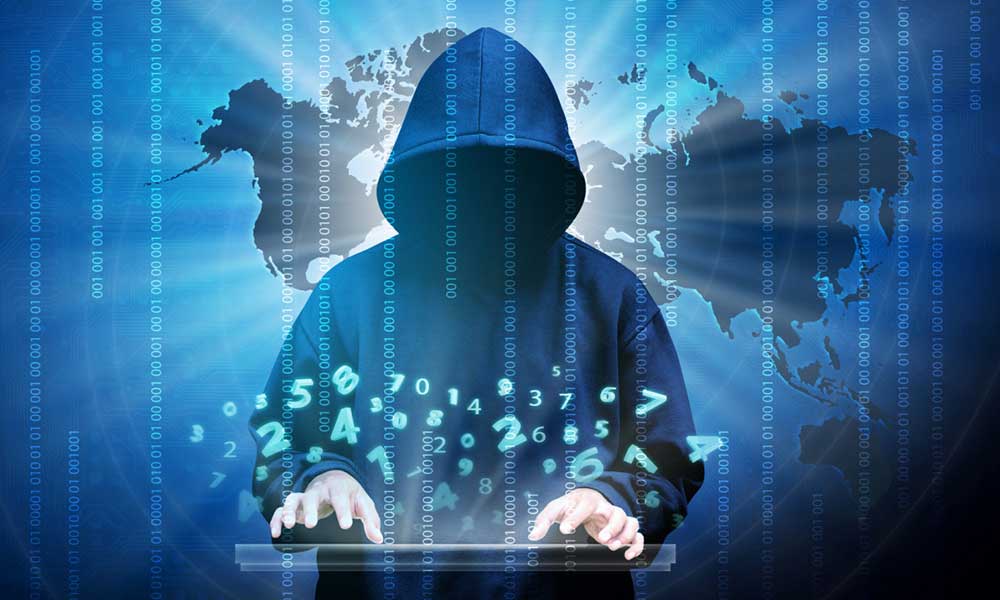
Because there is no legal oversight of the Dark Web, the risk of malware infection and data theft by cybercriminals is much higher than with regular Internet browsing. So if you decide to go it cheap and risk the low bandwidth you are only fooling yourself into having strong and secure antivirus software installed on your system. In addition, you need to use tools to change your IP to protect your online privacy and protect you from some cybercrime.
The most common way to access the Dark Web is to use the Tor network. Tour stands for The Onion Router and is free software. The tour was first started in 2002 as a pilot project by the US Department of Defense. The US government created the anonymous and encrypted system to protect its communications against spying, but soon its cryptographic capabilities caught the attention of companies with security concerns, and the open-source platform quickly became ubiquitous. Criminal organizations around the world also realized the potential of this network and transferred their criminal activities to the Dark Web.
The tour method is simple. The system uses the “onion routing” method, in which user messages are placed behind several layers of encryption and then passed through a network of systems and nodes set up by volunteer users around the world. Websites hosted on the Dark Web have an onion domain. are.
The network acts to conceal the user’s identity in such a way that none of these voluntary systems have access to the IP address of the sender and receiver; In this case, each of the devices in the network that the user traffic passes through, only reads the IP address of the previous device but does not know from which device the message was sent first and to which user it is to reach.
That’s why the tour network is one of the best tools to keep users anonymous, prevent interception of communications, and track information exchanged between Internet users.
History of the Dark Web
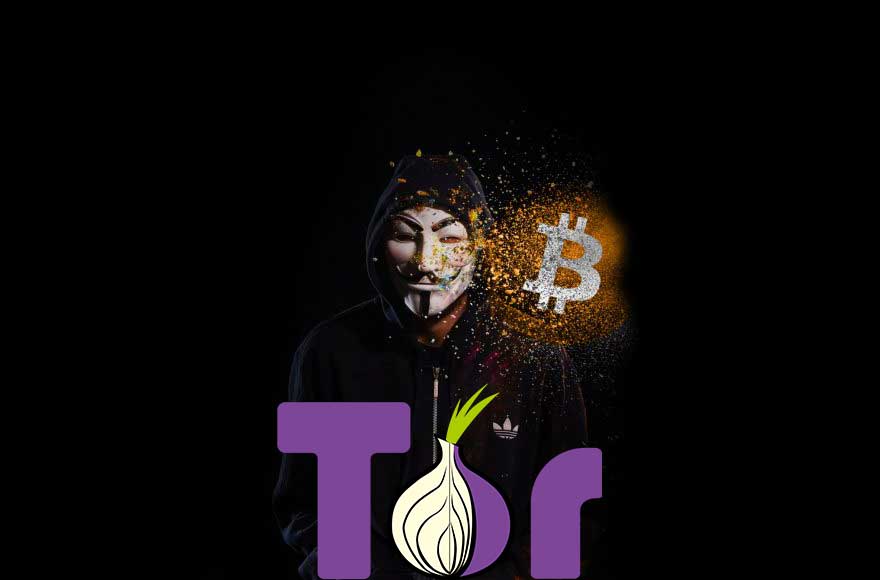
Everything happened from October 1969; When the Defense Advanced Research Projects Agency (ARPA) came up with a plan to set up a computer communication network using packet switching. The network was called ARPANET and was initially controlled by American universities for the exchange of information, But it became the Internet in 1989 and became available to the public two years later.
The birth of the Internet was the first step in the formation of the Dark Web, but the emergence and success of the Dark Web required two other key factors: a system for hiding users’ identities and a decentralized, out-of-state digital currency.
To hide the identity of Internet users, in 2002, the alpha and unstable version of the tour network was launched, and a year later it was made available to the public with only 12 nodes by volunteer users. The tour project started with the US Department of Defense but later became free and open-source projects that continued to be developed in 2008 by people with the common belief that Internet users should have private access to the Internet without censorship…
In 2009, bitcoin mining software was released to the public. However, it took a year to use these decentralized cryptocurrencies in online transactions: 10,000 bitcoins to buy two pizzas!
Finally, in 2011, the first black market appeared on the Internet; A market called Silk Road, started by Ross Ulbricht, known as Dread Pirate Roberts, on the Dark Web.
Silk Road’s success owes much to the creative combination of the Tour and Bitcoin system, which obscures both users’ identities and their transaction history. By using an encrypted system, Ombright believed that its Internet marketplace could provide a safe, completely anonymous, and government-free environment for all users. Not surprisingly, Silk Road quickly became a place to buy and sell drugs, hacked accounts, and even hire assassins.
But this black market did not last long. In 2013, AFBI confiscated the Silk Road site, arrested its 29-year-old owner, and sentenced him to life in prison. Of course, after Silk Road, other black markets, such as Evolution, AlphaBay, and Dream Market, joined the Dark Web one after another, and of course, they too met the fate of Silk Road sometime later.
Despite police intervention and prosecution, the Dark Web will continue to exist as long as there is demand and technology for these markets.
The difference between Dark Web and Deep Web
The terms “deep web” and “dark web” are sometimes used interchangeably, but they are different. Deep Web refers to any content on the Internet that is not indexed by search engines, including Google, at the request of its owner, and as a result, if you search on Google, you will not find it in search results. In general, Deep Web includes any content that requires payment or login information to access.
Information such as medical records, paid content, websites that require membership, and corporate web pages are just a few examples of what makes up the Deep Web. The Deep Web is estimated to cover between 96% and 99% of the total Internet. In other words, only a very small part of the Internet can be accessed through a normal web browser.
The Dark Web is actually a subset of the Deep Web that is deliberately hidden and requires a special browser called Tor to access it. No one knows the exact size of the Dark Web, but it is estimated that the Dark Web is only 5% of the total Internet.
In the Dark Web, criminal activities are common because of the anonymity of users, but many people use the Dark Web only to protect their privacy, and their activities are by no means criminal.
Dark Web Browser
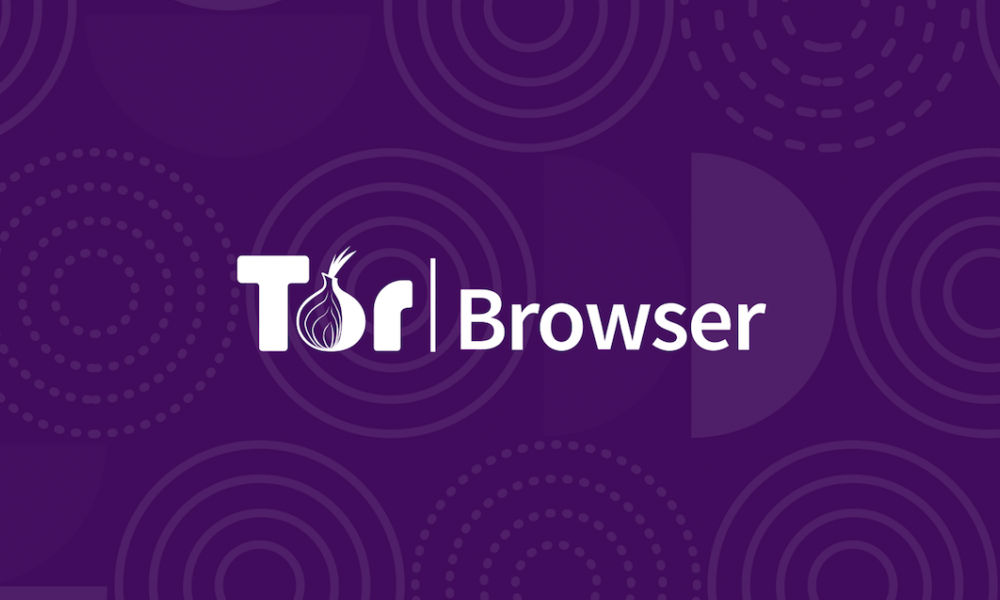
All of these activities in the context of vibrant online markets may give you the impression that browsing the Dark Web is easy, but it is not. Dark Web is a very cluttered space because all its users are anonymous, and some of them, thanks to this anonymity, are thinking of cheating other users.
Accessing the Dark Web requires a special browser called Tor, which hides the user’s identity. The tour browser passes the user’s request to enter the web page through several proxy servers set up by thousands of volunteers around the world, thus making his IP unrecognizable and interceptable.
The way the tour works in concealing users’ identities is almost perfect and perhaps even magical, but the experience of working with it, like the Dark Web itself, is unpredictable, unreliable, and insanely slow and annoying. For those who are willing to deal with these problems, however, the Dark Web offers a relatively safe view of what is happening in the dark, dreadful alleys of human societies.
In addition to the tour browser, you can use the DuckDuckGo browser to access the Dark Web, which can also be used for the normal Internet. Unlike other browsers, DuckDuckGo does not collect or share user information. This browser is ideal for anonymous searches on the Internet, as it can provide links to the onion domain. Is also used to navigate the Dark Web.
Dark Web Search Engine
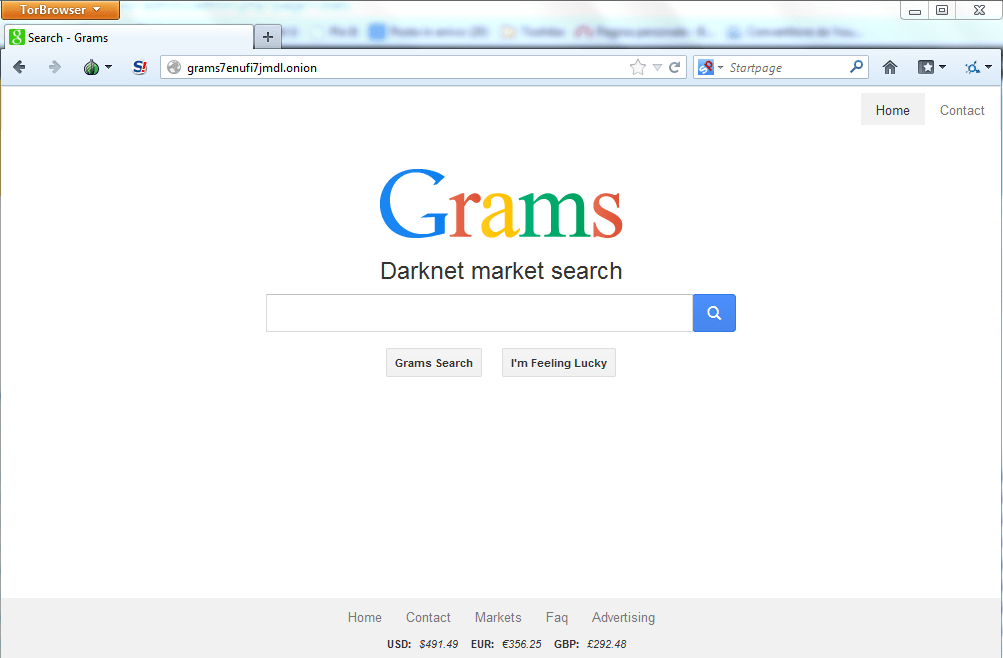
Although there is a search engine for Dark Web, even the best of them can not keep up with the constant and rapid changes in this chaotic space. The experience of working with Dark Web search engines is similar to searching the Internet twenty, thirty years ago. For example, Grams, the best Dark Web search engine, shows duplicate and often unrelated search results. In addition, most of the time when you visit a link, you will encounter a 404 error.
The Dark Web version of Wikipedia, called the Hidden Wiki, is another way to search the Dark Web that shows the user links to the Dark Web. But be careful not to click on any suspicious links, as Hayden Wiki does not only index reputable and secure websites, and you may come across links on this website that are fraudulent or infect your system with malware.
Dark Web Sites
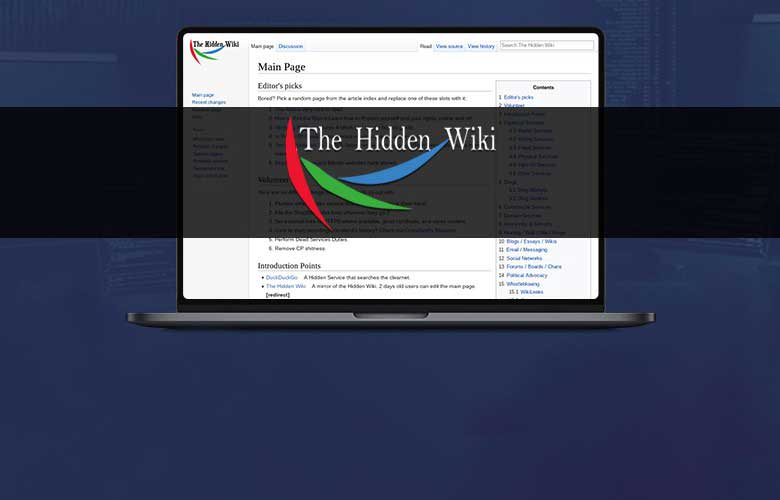
Dark web sites are almost identical to any other website on the Internet, but there are some important differences. The first difference is their naming model. Address of dark web sites, instead of ending in .com domain. Or co., To the suffix onion. They end up being accessible only through browsers equipped with the necessary proxies such as Tor.
Dark websites also use cluttered numbers and letters in their URLs that are often impossible to remember. For example, the URL of Dream Market, the black Internet market that was closed by police in 2019, was: aj eajwlvm3z2lcca76.onion
Most dark websites are set up by scammers who change their URLs to escape their victims. Even Dark Web stores that are more than a year old may disappear all at once; Either because their owners decide to run away after scams and to pocket their customers’ money, or because these websites have been closed by the police for illegal activities.
Every year, law enforcement becomes more adept at finding and prosecuting website owners who provide illegal services and products on the Dark Web. In 2017, cyber police from three different countries managed to close the Alphabet website, the largest drug sales site. Although this had a major impact on the entire Dark Web network, many vendors decided to migrate to other Dark Web sites to continue their operations.
The anonymous nature of the Tor network makes Dark Web sites highly vulnerable to Didas (DDoS) attacks, during which unrealistic traffic to the site increases, leading to overuse of server resources and ultimately making the site inaccessible. Websites are constantly changing their URLs to prevent these attacks, and this can cause the search quality to fluctuate dramatically, and much of the searched content is outdated.
Buy and Sell on the Dark Web
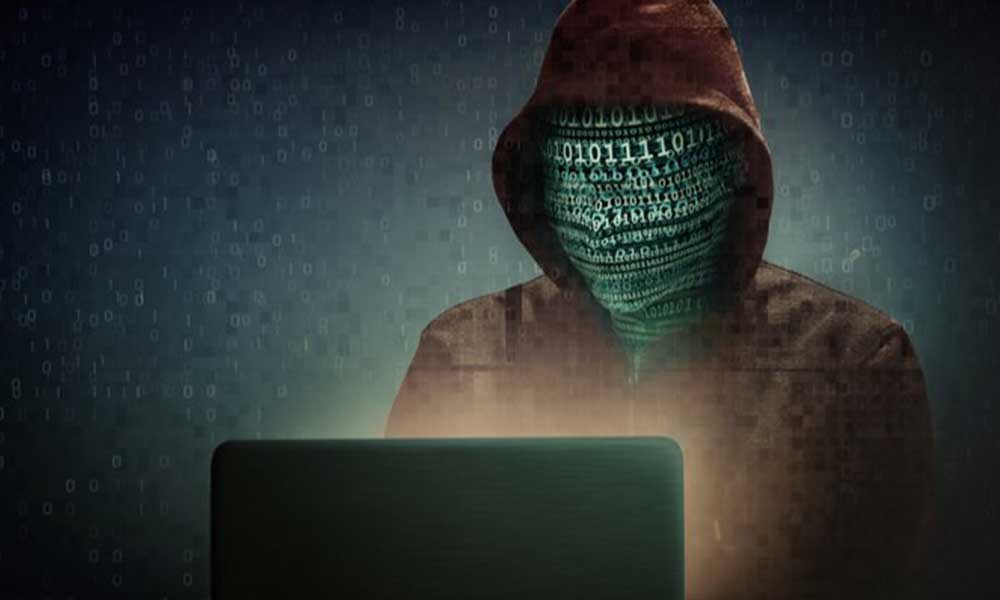
The Dark Web marketplace has grown exponentially thanks to Bitcoin, a cryptocurrency that allows both parties to trade without knowing each other’s identities and outside of government control, on a trusted trading platform (sometimes illegally!).
Almost all black markets on the Dark Web use bitcoin or other cryptocurrencies in transactions, But this does not mean that buying and selling in this space is 100% safe and secure for ordinary users. The unknown nature of the space attracts all kinds of swindlers and thieves, but anyone who goes to the Dark Web to buy drugs or weapons should not expect anything else.
Dark Web stores have the same features as regular online stores, including scoring, commenting, shopping cart, and user association, but there are important differences. One of these differences is quality control. When both the seller and the buyer are anonymous, the credibility of the rating system is questioned. In such a messy environment, points can be easily manipulated. Many times, sellers who have been on the black market for years have suddenly and silently disappeared with their customers’ passwords and been operating under another pseudonym on another black market.
Most Internet Service Providers offer a type of deposit service that keeps customer funds suspended until the product is delivered. But on the Dark Web, نباید should not expect friendly support services in the event of a dispute. Incidentally, all communications on the Dark Web are encrypted, so even the simplest transactions require a PGP key for authentication and privacy.
In dark web stores, even if the transaction is successful, there is no guarantee of delivery of purchased goods. Many of these goods need to cross international borders, and customs officials are extremely sensitive to suspicious packages. The Deep.Dot.Web news website, hosted on the Dark Web, is full of stories of arrests of buyers trying to shop on the Internet.
Things you should never do on the Dark Web
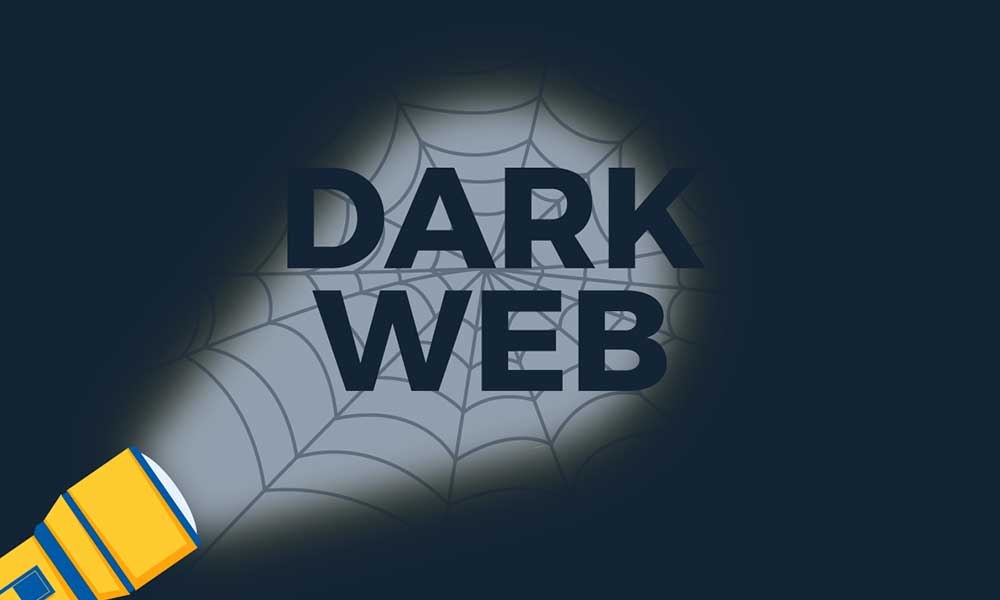
- Open onion closed websites. With a normal browser and not using TOR
Doing so will reveal the device’s IP address and hackers will attack the system. Use the TOR browser to avoid being hacked by hackers while browsing the web. TOR software keeps activities and communications secret and secure.
- Use TOR without changing IP
The TOR has been damaged several times in the past, and some attempts have led to the disclosure of users’ IP addresses. For this reason, it is recommended that you use tools to change the IP next to the TOR browser.
- Enable macros and scripts
Enable scripts like JavaScript on onion websites. It is very dangerous. These websites can infect the user’s system with malicious malware by running scripts without their knowledge. Some of this malware can lead to the frequent display of annoying pop-ups or even the possibility of remote computer control. TOR disables all macros and scripts by default.
- Download files from unknown or unreliable websites
Do not download any file just because its content is attractive; Unless you have complete confidence in the website of the provider. However, if you really have to do this, there is a safe solution. Using a virtual machine, such as a virtual box, separates the operating system installed on the virtual machine from the main operating system. This method is so reliable that you can download the content you want from the web.
- Confusing the Web Dark with the Web Deep
The web drive is part of the web drive and the web drive is not necessarily used for malicious activities, But search engines do not have access to it. For example, the internal networks of organizations, departments, universities, and governments, as well as business databases, are part of the Web site, but no malpractice is done on these websites.
- Curiosity patrol in Darkoob
Although entering the Dark Web is not illegal in itself and some users enter it only to protect their privacy, if you are unaware of the dangers lurking in this space, you may be in serious trouble and become a victim of hacking. Be cyber-attacks and scams, or commit a crime you did not realize, even be prosecuted.
- Buy by credit card
Buying a product or service from the web with a credit card is the biggest mistake. Except for Bitcoin and other cryptocurrencies, there is no secure payment method. Surely no one likes to have an illegal product transaction on their to-do list.
- Befriend or foe with Dark Web users
There are usually different users on the Dark Web. Friendships are not real in this space and it is best to avoid contact with them as much as possible.
Is Dark Web Illegal?

With all this talk about the Dark Web, you might think that this space is only for criminal activities and illegal activities; But it is not. The tour system was set up to create an anonymous communication channel and is a very useful tool for people who for any reason want to hide their identity in cyberspace.
If you want to learn more about privacy and passwords, Dark Web is very useful in this regard. Dark Web includes encrypted and secure email services, anonymous operating system installation tutorials, and professional tips for people who are very sensitive to their privacy.
It is also content on the Dark Web that can be found on public websites; For example, links to the full text of rare books, disclosure sites such as WikiLeaks, and even the BitTorrent site, which has been repeatedly shut down by legal authorities, are still active on the Dark Web. Even Facebook has an anonymous version on the Dark Web.
Dark Web is also useful for some organizations; For example, by monitoring the Dark Web, cyber police track down data stolen during security attacks, or news organizations turn their attention to whistleblower websites on the Dark Web to stream.
Dark Web Movies and Documentaries
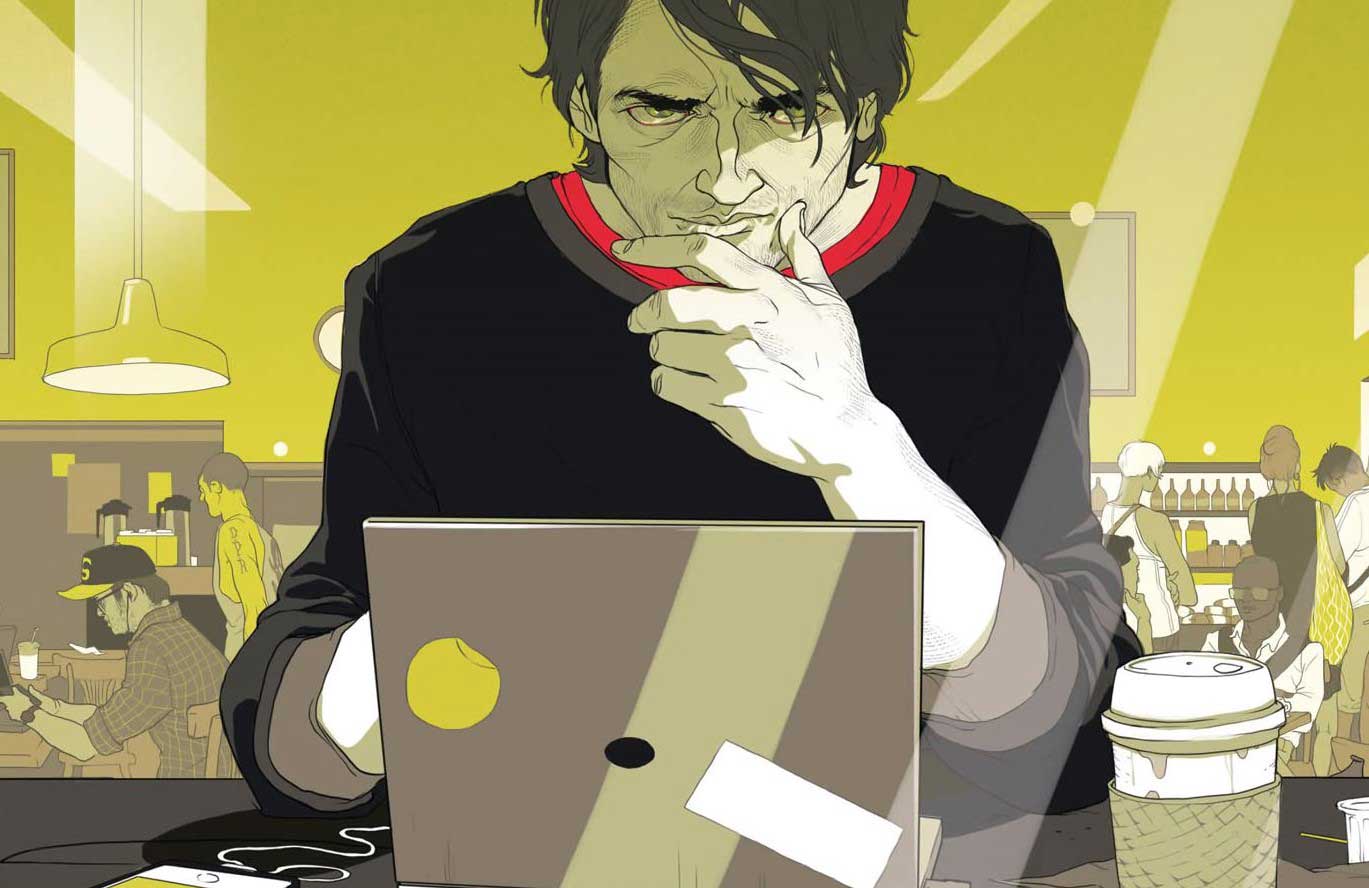
One of the easiest and best ways to learn more about the Dark Web is to watch documentaries and movies made about it. Among the available films, watching the documentary Deep Web directed by Alex Winter is a good choice. This documentary was released in 2015 and tells the story of the Dark Web’s first black market called Silk Road, Bitcoin, and Dark Web policies.
This feature-length documentary examines the advent of decentralized, encrypted, dangerous, and out-of-the-ordinary Internet with interviews with Andy Greenberg, author of Wired, and Amir Taki, developer of the Bitcoin project. The documentary was also narrated by Keanu Reeves.
If the story of the rise and fall of Silk Road, this Internet drug empire, fascinates you, you can also watch the movie Silk Road, directed by Taylor Russell, which was released in 2021. Part of this film is based on reality and the other part is to add a touch of excitement to a trailer-style film. The director of this film has tried to present a more humane image to the audience than the host of this website, Dark Web.
Another documentary, Inside the Dark Web, directed by Michael Redford, released in 2014, examines the subject of Internet eavesdropping and the collection of users’ personal data. In this documentary, Tim Berners-Lee, the man known as the inventor of the Internet, believes that the dangers of Internet privacy increase over time. In this documentary, he emphasizes that the dangers of Internet surveillance are not on the part of people who monitor users’ behavior; It is from the computers and algorithms that are present in them.
The focus of this documentary, after government oversight, will be on commercial entities and large businesses that, as far as they can, gather information from search history, Internet traffic, habits, and interests of users, and use or use them following their interests. Miscellaneous companies sell.
The Future of the Dark Web
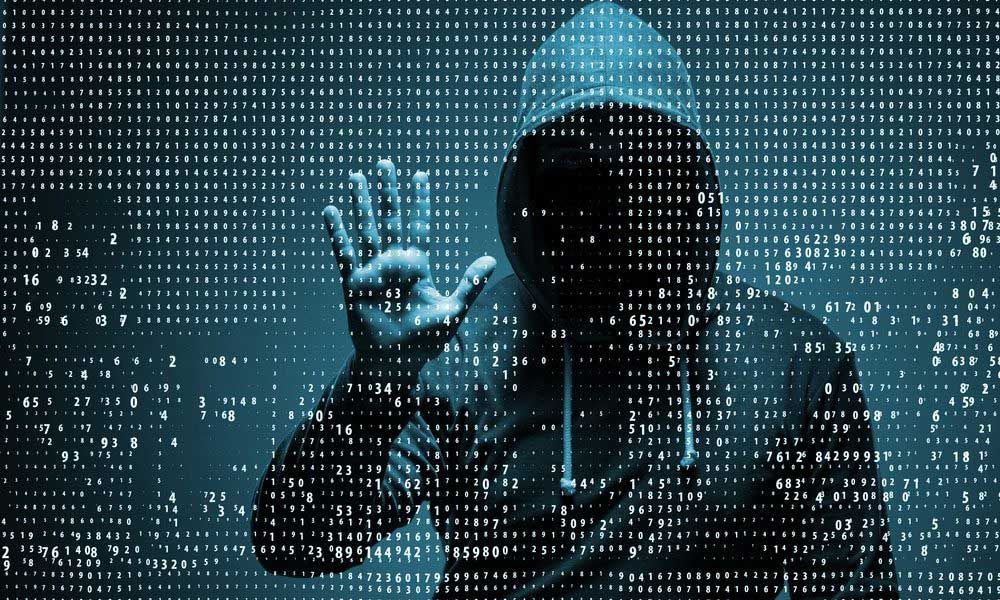
There is indeed a lot of illegal activity on the Dark Web, and many equate the Dark Web with space for crime, but the ordinary Internet is not free of illegal activity and fraud. On the other hand, these days, every website you visit on the Internet collects your personal data and sells it to various companies without your consent. Sometimes you may visit a reputable website that infects your system with all kinds of malware.
Imagine if the whole Internet were a dark web, all our personal information that companies sell for profit would disappear completely. The early Internet, called ARPANET, was set up solely to connect laboratories and universities, and today’s Internet, although very different from ARPANET, has the same infrastructure technology. The idea of redesigning the Internet as a means of establishing secure communications while protecting users’ privacy does not seem so bad. Of course, the capitalist system always finds a way forward in any situation, and in the context of such an Internet, we will probably see other ways of collecting personal data.
However, the need for a secure and anonymous Internet is very much felt, and it is not surprising that in this space, the Tour and Dark Web system has grown even more. The number of nodes that volunteers set up to redirect traffic on the tour is increasing, and while it may seem very unlikely that the Dark Web could one day take over the entire Internet, it does not work, as the old saying goes.

